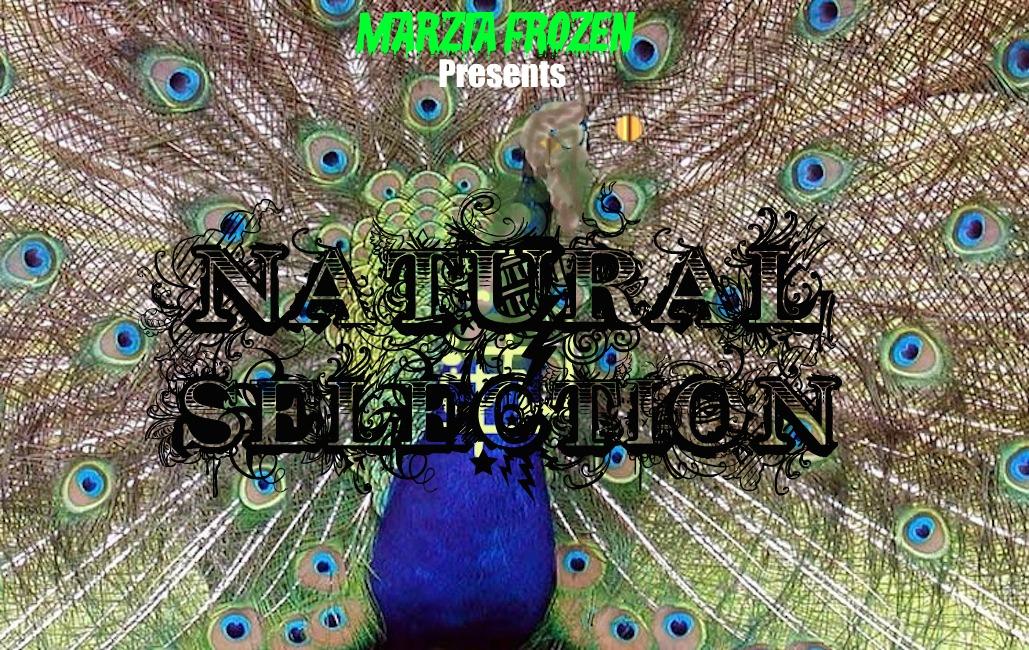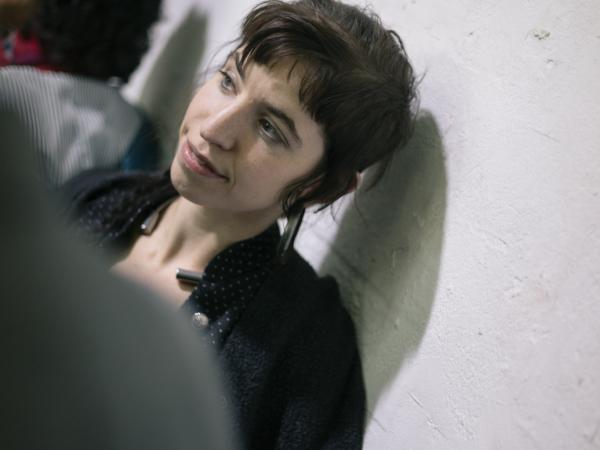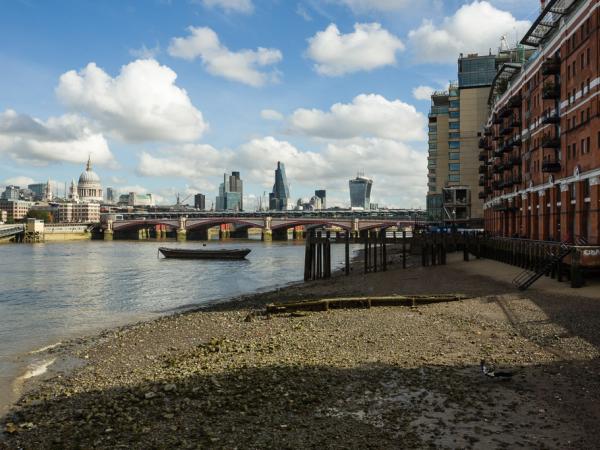MARZIA FROZEN
Presents
NATURAL SELECTION
Curated by Javier RAMIREX
Opening Reception: SATURDAY March 10th 2 - 6 pm
March 10th - April 10th, 2012
Therese AASVIK - Tanya ALVITS - Cicily BÄCKSTRÖM - Eckhard BESUDEN
Danjel CAVENS - Davide CORONEO - Gerdine DUIJSENS - Vidgis FELDT - Afraz GOLNAZ
Titti HAMMARLING - Pamela ROTA - Hajnalka PETERFY - Margherita PREMUROSO
Eva SJÖSTEDT
MARZIA FROZEN
Landsberger Allee 54
10249 Berlin, GERMANY
Tel: +49 (0) 176 686 38384
www.marziafrozen.com
Marzia Frozen is pleased to announce an international group exhibition of a new generation of artists working today. This will be a group exhibition at MARZIA FROZEN in Berlin, and will feature a selection of paintings, sculptures, photographs, performances and videos.
Natural selection is the gradual, nonrandom process by which biological traits become either more or less common in a population as a function of differential reproduction of their bearers. It is a key mechanism of evolution.
Variation exists within all populations of organisms. This occurs partly because random mutations cause changes in the genome of an individual organism, and these mutations can be passed to offspring. Throughout the individuals’ lives, their genomes interact with their environments to cause variations in traits. (The environment of a genome includes the molecular biology in the cell, other cells, other individuals, populations, species, as well as the abiotic environment.) Individuals with certain variants of the traits may survive and reproduce more than individuals with other variants. Therefore the population evolves. Factors that affect reproductive success are also important, an issue that Charles Darwin developed in his ideas on sexual selection, for example.
Natural selection acts on the phenotype, or the observable characteristics of an organism, but the genetic (heritable) basis of any phenotype that gives a reproductive advantage will become more common in a population . Over time, this process can result in populations that specialize for particular ecological niches and may eventually result in the emergence of new species. In other words, natural selection is an important process (though not the only process) by which evolution takes place within a population of organisms. As opposed to artificial selection, in which humans favour specific traits, in natural selection the environment acts as a sieve through which only certain variations can pass.
Here is Darwin's own summary of the idea, which can be found in the fourth chapter of the Origin:
If during the long course of ages and under varying conditions of life, organic beings vary at all in the several parts of their organization, and I think this cannot be disputed; if there be, owing to the high geometrical powers of increase of each species, at some age, season, or year, a severe struggle for life, and this certainly cannot be disputed; then, considering the infinite complexity of the relations of all organic beings to each other and to their conditions of existence, causing an infinite diversity in structure, constitution, and habits, to be advantageous to them, I think it would be a most extraordinary fact if no variation ever had occurred useful to each being's own welfare, in the same way as so many variations have occurred useful to man. But, if variations useful to any organic being do occur, assuredly individuals thus characterized will have the best chance of being preserved in the struggle for life; and from the strong principle of inheritance they will tend to produce offspring similarly characterized. This principle of preservation, I have called, for the sake of brevity, Natural Selection.
HOME ARTISTS PRESSEMITTEILUNG EXHIBITIONS CONTACT







Commenti 2
Inserisci commento